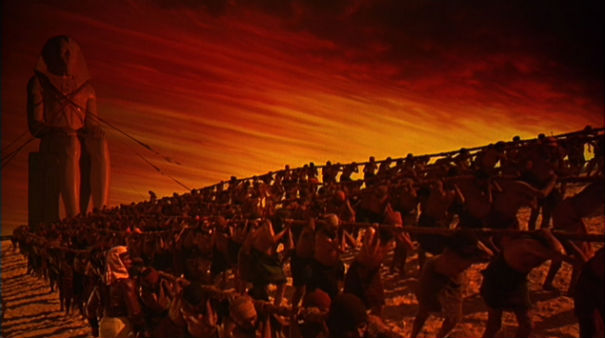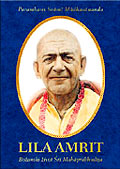The Antichrist and the True Believer
They are the same -- person that is. The conclusion comes first in this post. End of story? Not quite. Here we have the champion of orthodoxy who becomes literally an antichrist (persecuting the followers of Jesus according to biblical tradition) in his earnestness to please the leadership of the day.
One blinding flash of light later we see that he becomes the forerunner of a new orthodoxy -- and we all know what that is today.
This is not a religious story, but a story about humanity. My favourite cause! This is how progress occurs. Yesterday's fringe element (that is persecuted, prosecuted, etc.) becomes tomorrow's new orthodoxy.
Science is like this too. [First, Pythagoras -- ignored.] Copernicus (mocked to scorn) and Galileo reviled as a heretic are now taken for granted. And we really do believe the earth goes around the sun today!
Furthermore, religion and science are becoming harder to separate. Quantum physics has seen to that. Stories of bilocation by mystical yogis (See Autobiography of a Yogi by Paramahansa Yogananda or Lila Amrit by Yoga in Daily Life) are now being verified/justified/vindicated by minute quantum particles that seem to have more than one location at a time..
So before dismissing any new approaches to every day matters -- such as finance or economics, let us remember the above. What seems outlandish today, that we might not need for these things to be done much longer (the levying of rents and mortgages upon us -- refers to first post, Jan 2014) -- could be the no-brainer (so intuitive we don't give it a second thought) of .. [fill in year here]
My concern is that we do not miss the boat. It is important to be able to track new energies on earth as they arise and learn how to harness them for positive effect. I suppose some people are more prone to seeing blinding flashes of light than others -- just as there are those who have been struck by lightning multiple times.

And to be able to distinguish the old energy from the new and the living from the dead (refers to previous post -- The Right to Live on a Healthy Planet). The pictorial quote was from the music of Pink Floyd, "Can you tell a green field from a cold steel rail / A smile from a veil". This is important because our world is full of examples of non-living materials, surrounding us in our homes and environs. There is a third distinction -- formerly living -- which refers to things like wood that come from living processes. Steel is a good example of a non-living material from a non-living production (smelting, mining, annealing and extruding for ex.).
In some ways cycles occur between the old and new -- traditional materials for home-building , timber and stone more closely allied to what the earth naturally provides -- could come back into our lives again, if we let them.

On the subject of orthodoxy (and hierarchy) -- humanity maybe on the verge of a breakthrough (blinding flash!) in terms of leadership. Whilst we formerly required others to dictate the terms of our living conditions and lifestyles -- due to survival needs, it may be that a gentler approach of non-domination in these spheres will take hold. Remember those still small voices guiding us toward the next step.
There are costs and benefits to following orthodox practices. When you have seen the light -- the difference between old and new becomes blindingly obvious. Survival is well and good -- but by risking everything -- sometimes we lose nothing! Quite the contrary.
Bilocation.







 This text
This text 










































